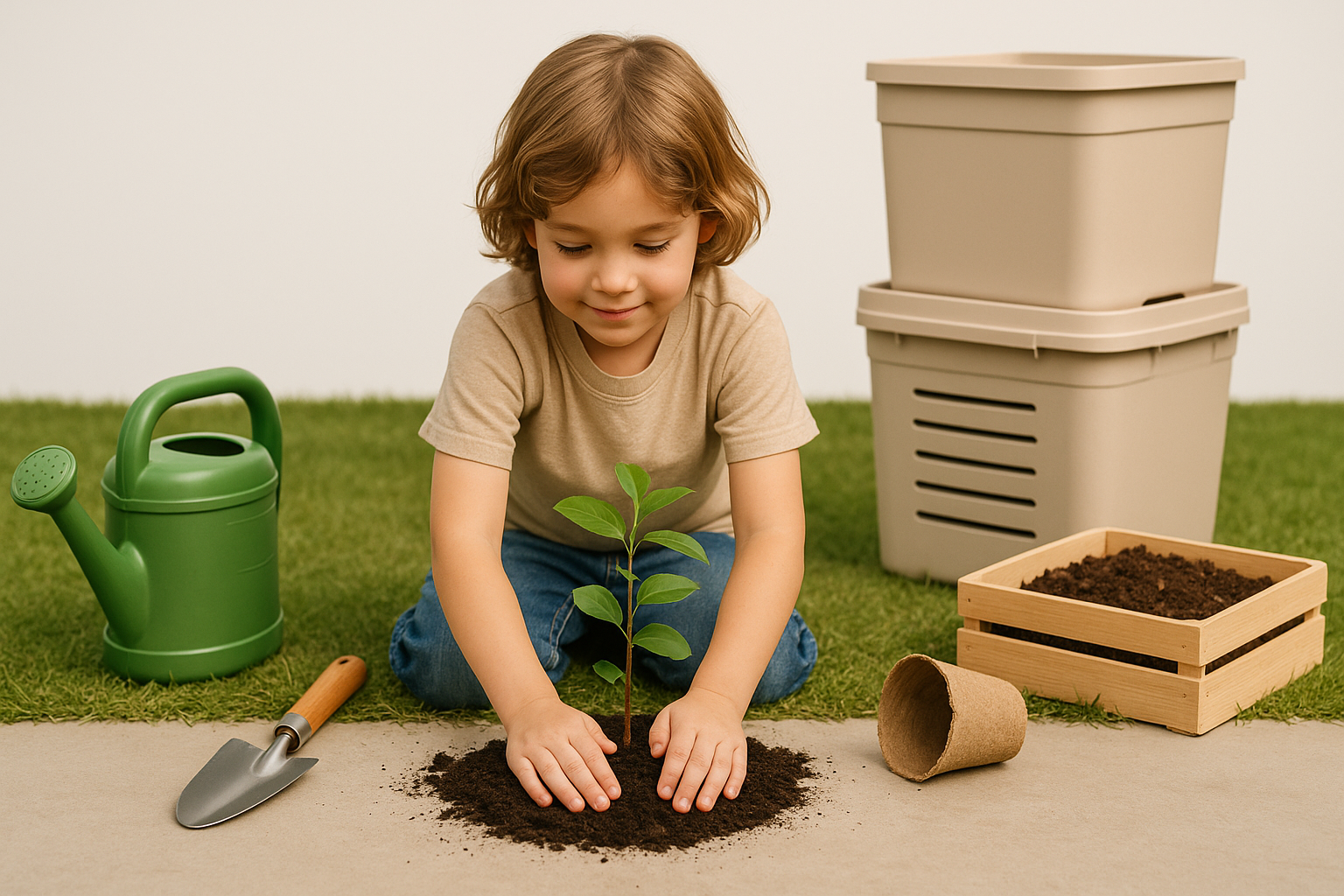Transform Kids' Future with Simple Sustainable Habits Today
Transform your child's future by adopting simple sustainable habits today, and you'll not only contribute to a healthier planet but also instill valuable life skills in them—browse options to discover how you can start this journey now.

Understanding the Importance of Sustainable Habits
Sustainable habits are more than just a trend; they are essential practices that ensure the well-being of our planet and future generations. Teaching children these habits from an early age can significantly impact their mindset and lifestyle choices as they grow. By integrating sustainable practices into daily routines, you can help your child develop a sense of responsibility and awareness about environmental issues. This education can lead to more informed decisions in their adult lives, fostering a generation that prioritizes sustainability.
Simple Habits to Implement
Incorporating sustainability into your child's life doesn't have to be overwhelming. Start with small, manageable changes that can make a big difference. For instance, encourage your children to turn off lights when leaving a room, use reusable water bottles, and participate in recycling programs. These simple actions not only reduce waste but also teach children about the importance of conserving resources. Additionally, consider introducing them to the concept of upcycling—transforming old items into new creations—which can be a fun and creative way to repurpose materials.
The Educational Benefits of Sustainable Practices
Sustainable habits can also enhance your child's educational experience. By engaging in activities like gardening, they can learn about biology, ecology, and the food cycle firsthand. This hands-on learning approach can improve their understanding of science and nature, making these subjects more relatable and interesting. Moreover, schools often provide programs or clubs focused on sustainability, offering children opportunities to engage with peers who share similar interests. These programs can be a great way for your child to develop leadership skills and a sense of community.
Economic and Environmental Impact
Adopting sustainable habits can also have economic benefits. By reducing energy consumption and waste, you can lower household expenses. For example, using energy-efficient appliances and LED bulbs can decrease electricity bills significantly1. Additionally, teaching children to be mindful of their consumption can lead to a more frugal lifestyle, emphasizing the importance of saving and investing in quality over quantity. Environmentally, these habits contribute to reducing the carbon footprint and preserving natural resources, ensuring a healthier planet for future generations.
Resources and Opportunities
There are numerous resources available for parents looking to integrate sustainability into their children's lives. Websites and organizations offer guides, workshops, and activities designed to make sustainability education engaging and accessible. For instance, the National Wildlife Federation provides resources for creating wildlife-friendly gardens, which can be a rewarding family project2. Additionally, many online platforms offer eco-friendly products and services that can support your sustainable lifestyle choices.
By embracing simple sustainable habits today, you can transform your child's future, equipping them with the skills and knowledge to navigate a rapidly changing world. Explore the resources and options available to find the best solutions for your family, and start making a positive impact today.